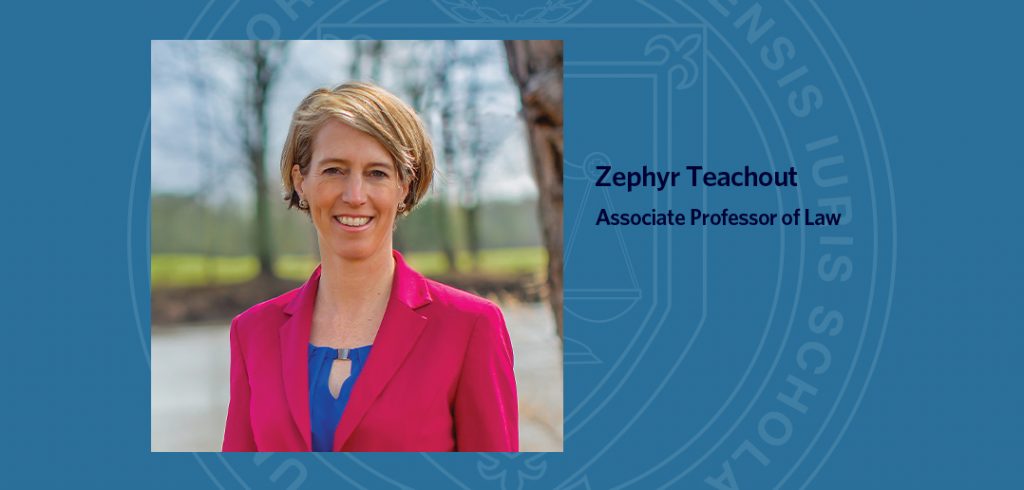The Supreme Court of the United States, which hears arguments on Friday, Jan. 10, in a challenge to a law banning TikTok, has issued varying rulings when issues of national security and free speech have previously clashed. A supporting brief from the Knight First Amendment Institute said the law banning TikTok is aggressive, but Fordham Law Professor Zephyr Teachout explains why that was the wrong analysis, in The New York Times.
Indeed, a supporting brief from the Knight First Amendment Institute said, the law banning TikTok is far more aggressive than the one limiting access to communist propaganda. “While the law in Lamont burdened Americans’ access to specific speech from abroad,” the brief said, “the act prohibits it entirely.”
Zephyr Teachout, a law professor at Fordham, said that was the wrong analysis. “Imposing foreign ownership restrictions on communications platforms is several steps removed from free speech concerns,” she wrote in a brief supporting the government, “because the regulations are wholly concerned with the firms’ ownership, not the firms’ conduct, technology or content.”

